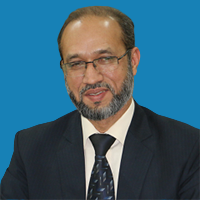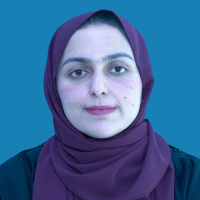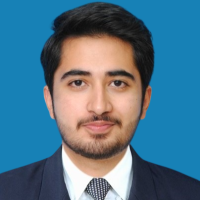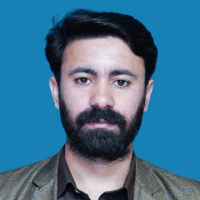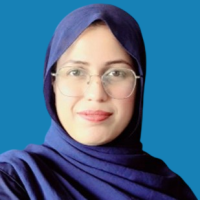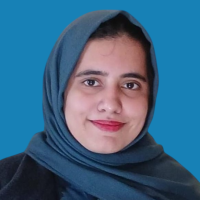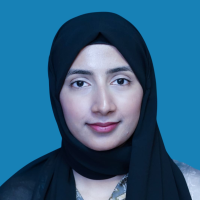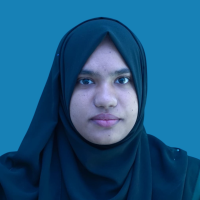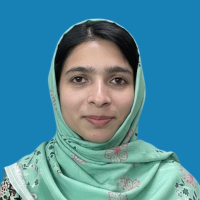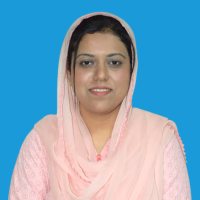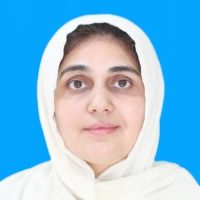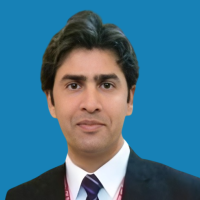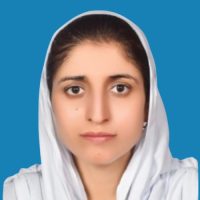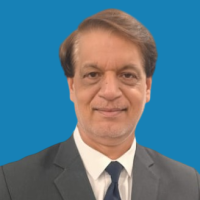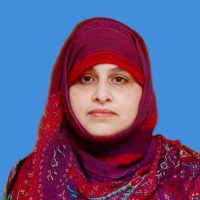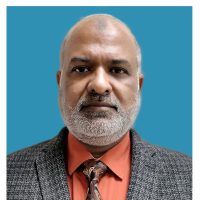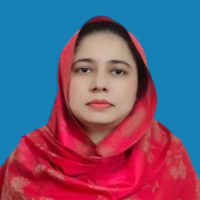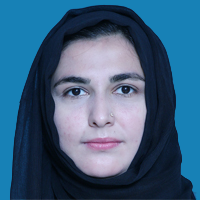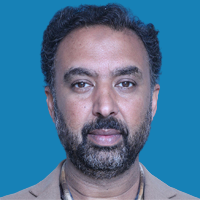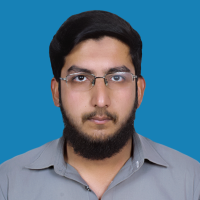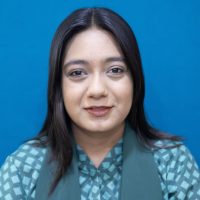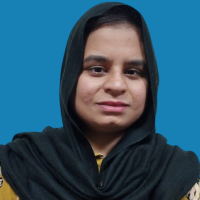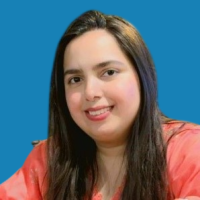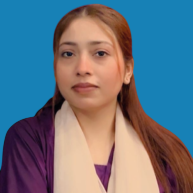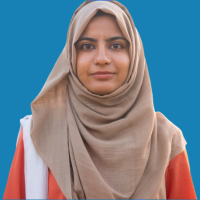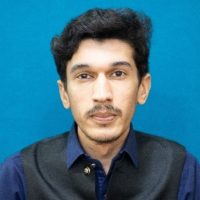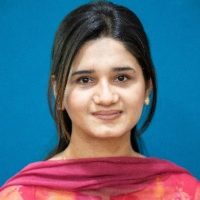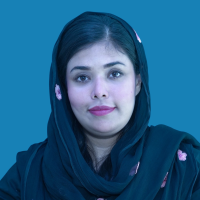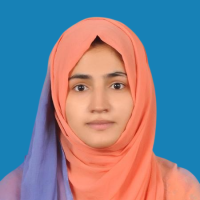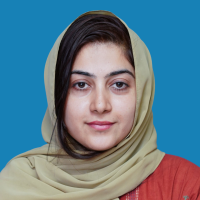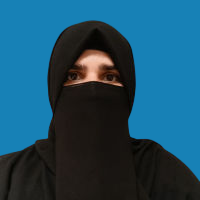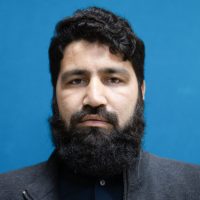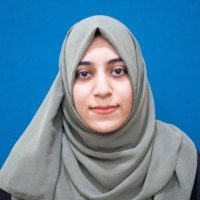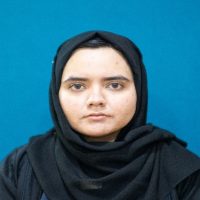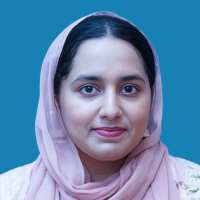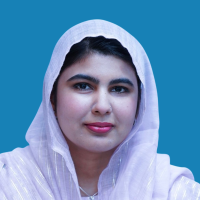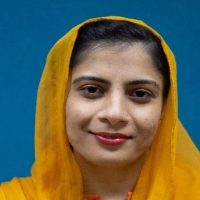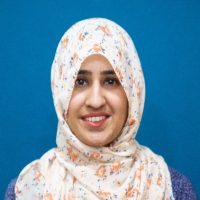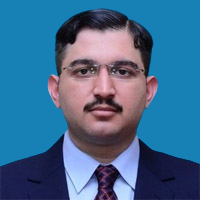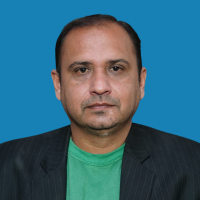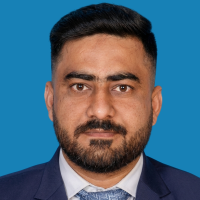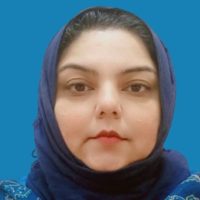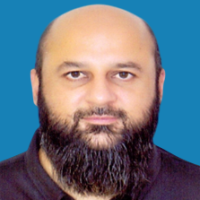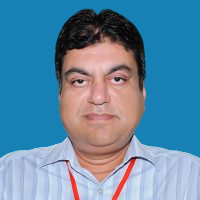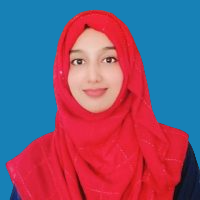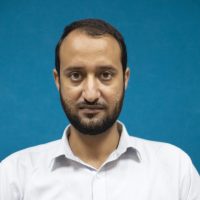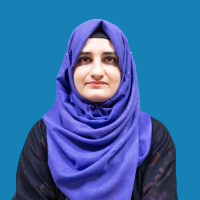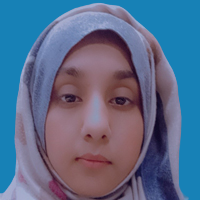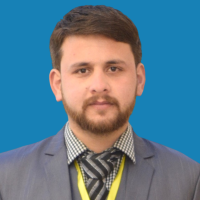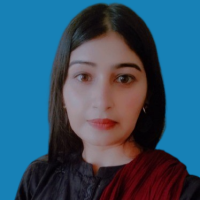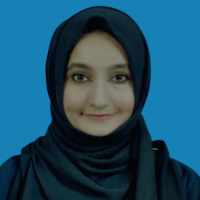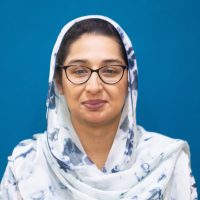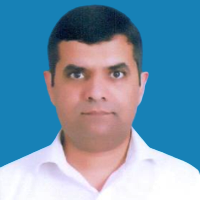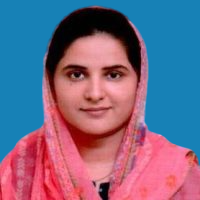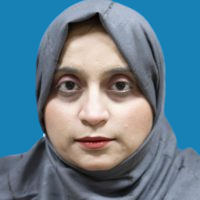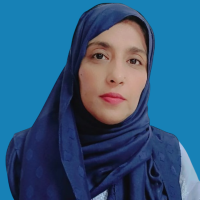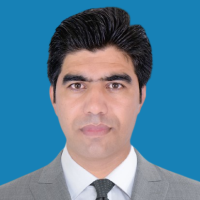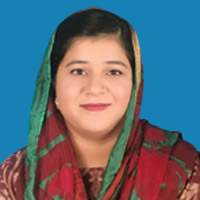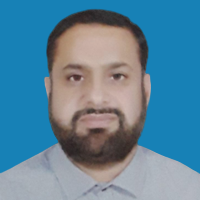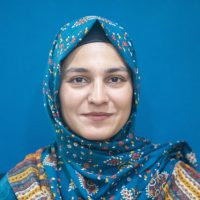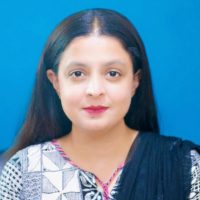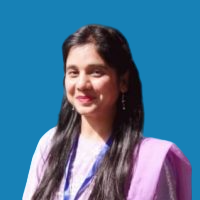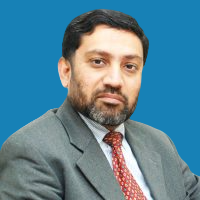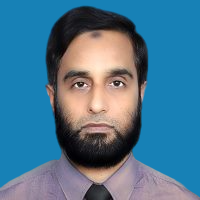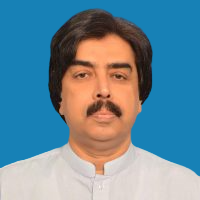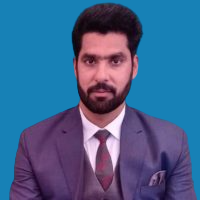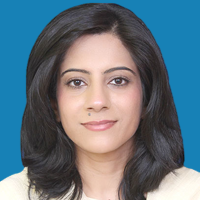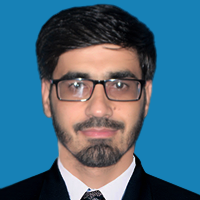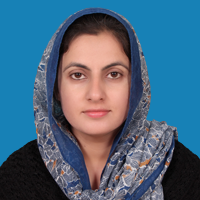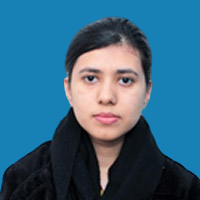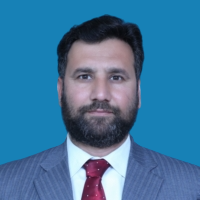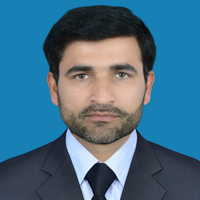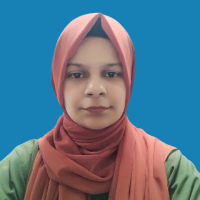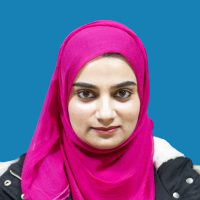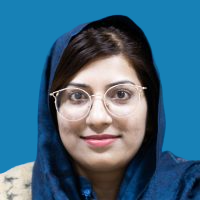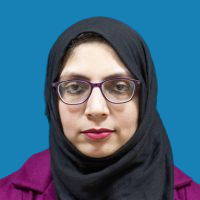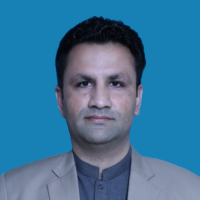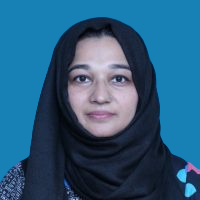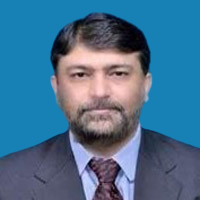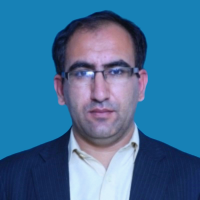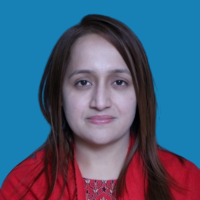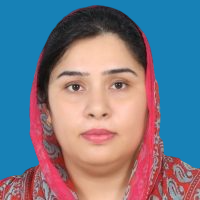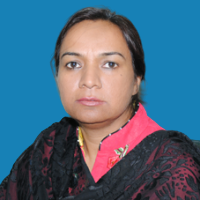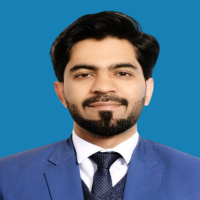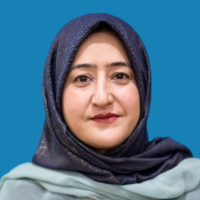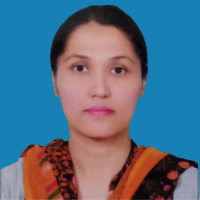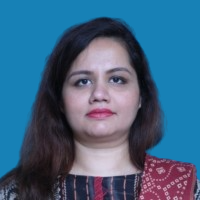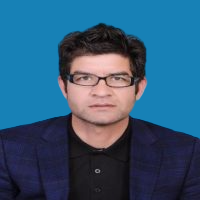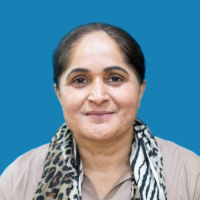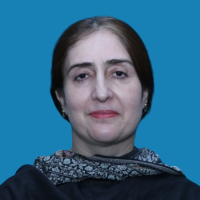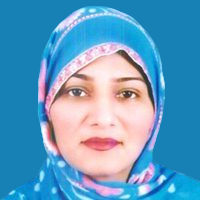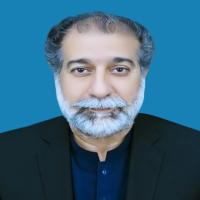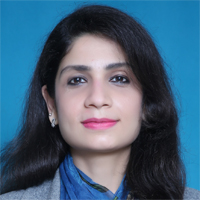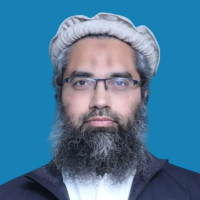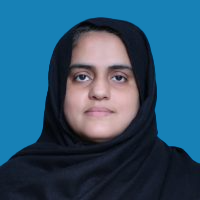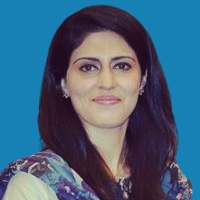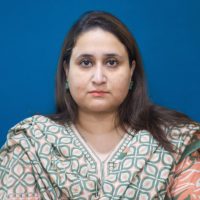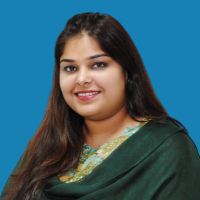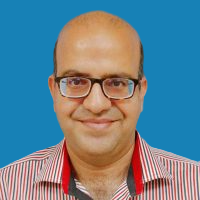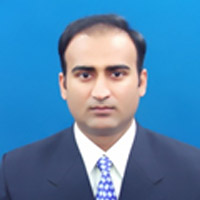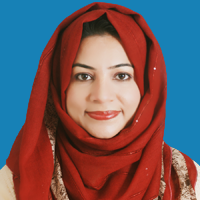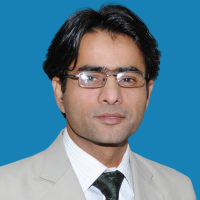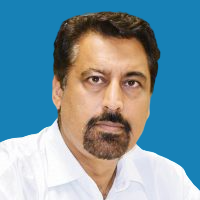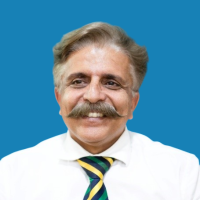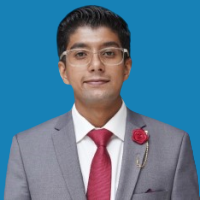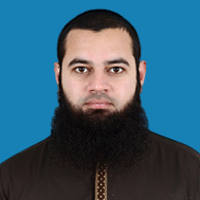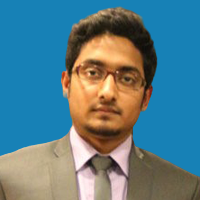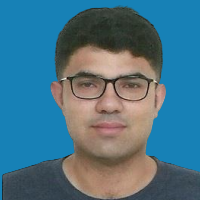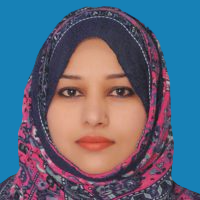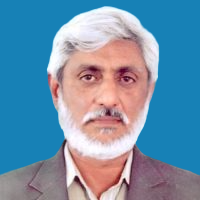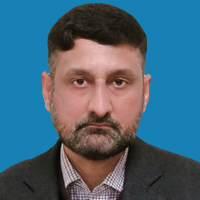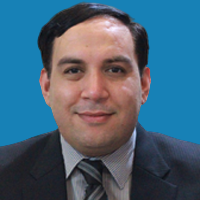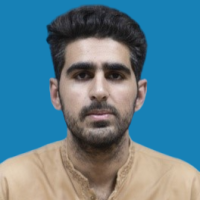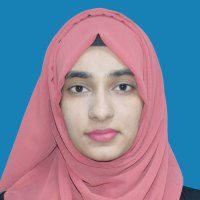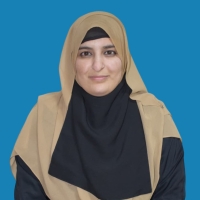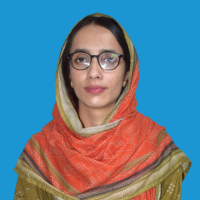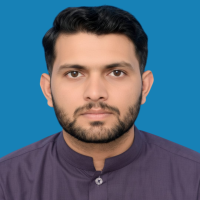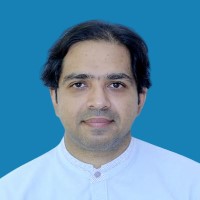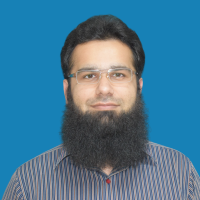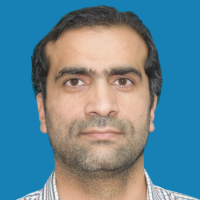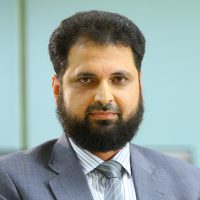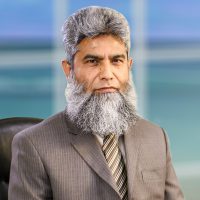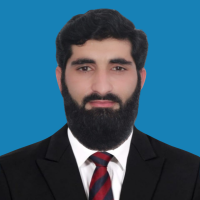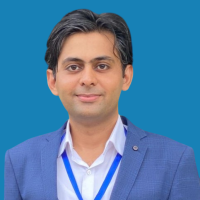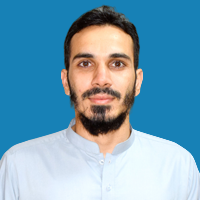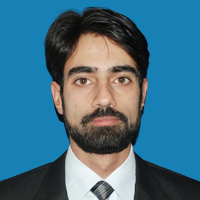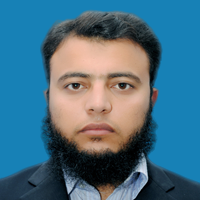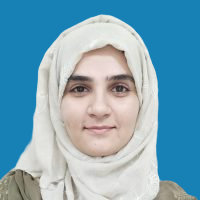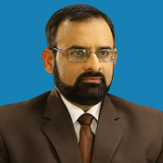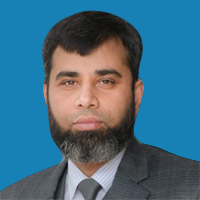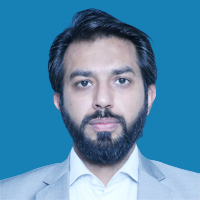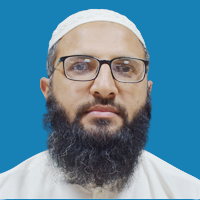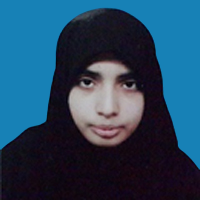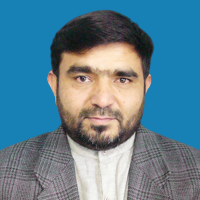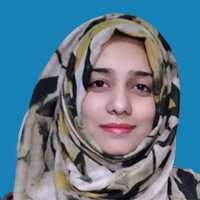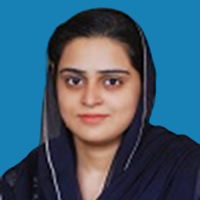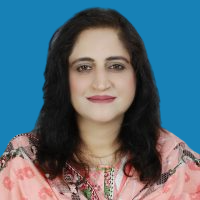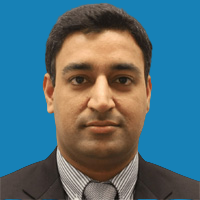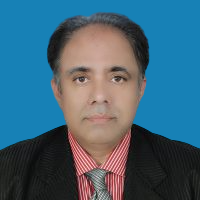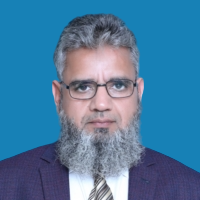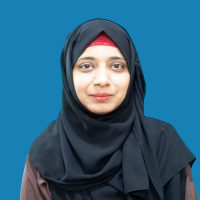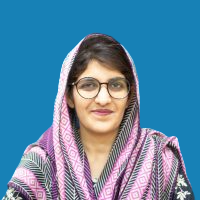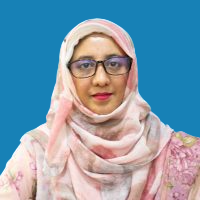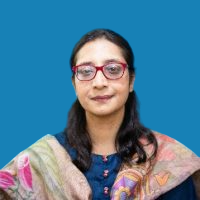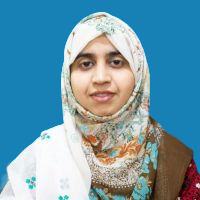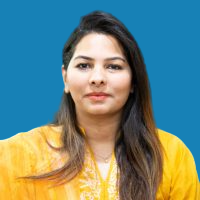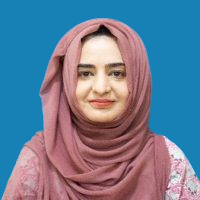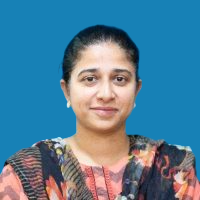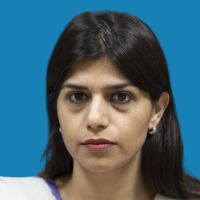| 1 | A. Naz, M. U. Farooq, and S. Jabeen, “Prosodic analysis of humor in stand-up comedy,” Journal of English Language, Literature and Education, vol. 5, no. 3, pp. 1–25, 2023. | 2023
|
| 2 | F. Yasmin, M. U. Farooq, and S. K. Shah, “Impact of exam-oriented education system on undergraduate students’ cognitive, affective and psychomotor competencies,” International Journal of Linguistics and Culture, vol. 4, no. 1, pp.109–125, 2023.
| 2023
|
| 3 | E. A. A. Al-Malki, C. Z. Javid, M. U. Farooq, G. F. Algethami, and A. A. Al-Harthi, “Analysis of the english language needs of the saudi tourism workforce: A first step into designing esp teaching materials,” International Journal of Learning, Teaching and Educational Research, vol. 21, no. 2, pp. 72–88, 2022.
| 2022 |
| 4 | E. A. A. Al-Malki, A. A. A. Al-Harthi, C. Z. Javid, M. U. Farooq, and G. F. Algethami, “Comparative determination of communicative competence of saudi students of english for tourism and hospitality (sseth) to develop esp course content,” International Journal of Learning, Teaching and Educational Research, vol. 21, no. 4, pp. 46–62, 2022. | 2022 |
| 5 | R. Alkhammash, N. M. Ismail, I.Ghachem, M. U. Farooq, and M. S. Almalki, “The impact of emotion-laden texts on reading comprehension and perceptual proficiency: the case of Saudi Female Learners of English,” Journal of Xi’an Shiyou University, Natural Science Edition. vol. 18, no. 9, pp. 592-627, 2022.
| 2022 |
| 6 | M. Mehdi, M. U. Farooq and M. Rafique, “Kashmiris in lockdown: A comparative discursive analysis of Pakistani and Indian e-newspapers headlines,” Erevna: Journal of Linguistics & Literature. vol. 6, no. 1, pp 20-34, 2022. | 2022 |
| 7 | C. Z. Javid, G. F. Algethami, M. U. Farooq, A. A. A. Al-Harthi, E. A. A. Al-Malki, and S. M. Al-Osaimi, “Language, tourism marketing, and economic growth: Determining the role of english in saudi arabia.” Review of International Geographical Education (RIGEO), vol. 11, no. 7, pp. 933-946, 2021. | 2021
|
| 8 | H. M. Qazi and M. U. Farooq, “Identity construction of malala yousafzai in the media: A critical discourse analysis of editorials in two pakistani english newspapers,” NUML Journal of Critical Inquiry, vol. 18, no. 1, pp. 33–38, 2020.
| 2020 |
| 9 | M. U. Farooq and A. F. Soomro, “Teachers and technology: trends in english language teaching in saudi arabia,” International journal of English linguistics, vol. 8, no. 5, pp. 10–19, 2018. | 2018 |
| 10 | F. Gulnaz, M. U. Farooq, and S. Ali, “Learning styles: Preferred learning choices and behaviors of saudi male and female efl learners.” Journal of Education and Educational Development, vol. 5, no. 2, pp. 60–77, 2018. | 2018 |
| 11 | F. Akram, M. U. Farooq, and S. Ali, “Learning Styles: An Investigation of the Preferred Learning Choices and Behaviours of Saudi Learners in EFL Classrooms at Taif University,” Journal of Education and Educational Development, vol 5, no. 2, pp. 60-74, 2018. | 2018 |
| 12 | M. A. Gulzar, M. M. Ali, C. Z. Javid, and M. U. Farooq, “The implications of trends in punjabi: As a covert and/or an overt prestige in pakistan,” Kashmir Journal of Language Research, vol. 21, no. 2, pp. 59–75, 2018.
| 2018 |
| 13 | A. F. Soomro and M. U. Farooq, “Efl learners’ attitude towards developing speaking skills at the university of taif, saudi arabia,” International Journal of English Linguistics, vol. 8, no. 3, pp. 318–327, 2018. | 2018 |
| 14 | M. U. Farooq, “Engaging the 21st Century Learner through Social Media.” SPELT Quarterly. vol. 33, no. 3, pp. 2-18, 2018. | 2018 |
| 15 | M. T. Mahmood, M. U. Farooq, and M. Shahzad, “Smartphone usage by college students and its impact on traditional media,” JSSH, vol. 26, no. 2, 2018. | 2018 |
| 16 | M. U. Farooq, K. Riaz, and C. Z. Javid, “Impact of emotional intelligence on academic achievement of english language learners,” JSSH, vol. 25, no. 2, 2017. | 2017
|
| 17 | M. U. Farooq, C. Z. Javid, and M. Umer, “Cultural implications in English language teaching Classroom,” International Journal of English Linguistics, vol. 8, no. 3, pp. 177-185, 2017. | 2017
|
| 18 | M. U. Farooq, A. F. Soomro, and M. A. Sipra, “Creating a quality learning environment for english language learners in saudi universities,” Kashmir Journal of Language Research, vol. 20, no. 2, 2017.
| 2017
|
| 19 | C. Z. Javid, M. U. Farooq, and A. F. Soomro, “A comparative investigation of perceived characteristics of effective teachers in Saudi EFL context,” Kashmir Journal of Language Research, vol. 19, no. 1, pp. 96-110, 2016 | 2016 |
| 20 | M. U. Farooq, “Developing teachers’ expertise to teach english language: An evaluative study of professional development programme at taif university english language centre,” Theory and Practice in Language Studies, vol. 6, no. 2, pp. 274–282, 2016.
| 2016 |
| 21 | M. Sipra, T. Alsolami, and M. U. Farooq, “Exposure to two languages never impedes L2 acquisition,” Arab World English Journal (AWEJ), vol. 7, no. 2, pp. 429–444, 2016 | 2016 |
| 22 | M. Umer, M. U. Farooq, and M. A. Gulzar, “Formative assessment has to be made formative: It does not work itself,” Journal of Education and Research, vol. 12, no. 2, pp. 1–18, 2016. | 2016 |
| 23 | C. Z. Javid, M. U. Farooq, M. Umer, and M. A. Gulzar, “A Gender-based Investigation of Saudi ELF learners’ Attitude towards English Language Teaching,” Journal of Critical Inquiry, vol. 15, no. 01, pp. 44-66, 2016. | 2016 |
| 24 | M. Umer, C. Z. Javid, and M. U. Farooq, “Formative assessment and consequential validity: A practice yet to be effectively implemented in saudi higher education,” PJE, vol. 32, no. 2, 2015. | 2015 |
| 25 | M. U. Farooq and I. Jahan, “Quality assurance in English language teacher education programmes through distance education in Pakistan,” European Journal of Scientific Research, vol. 129, no. 4, pp.487-494, 2015.
| 2015 |
| 26 | M. U. Farooq, “Creating a communicative language teaching environment for improving students’ communicative competence at efl/eap university level.” International education studies, vol. 8, no. 4, pp. 179–191, 2015. | 2015 |
| 27 | M. U. Farooq, Y. Fatima, and C. Z. Javid, “Enhancing writing skills through blogs in an undergraduate english language classroom in pakistan,” Linguistics and Literature Review, vol. 1, no. 2, pp. 105–118, 2015. | 2015 |
| 28 | Z. Javid and M. U. Farooq, “Experimenting in-house emp course contents for saudi medical undergraduates: Lessons learned,” Journal of Critical Inquiry, vol. 13, no. I, pp. 38–57, 2015. | 2015 |
| 29 | M. U. Farooq, C. Z. Javid, and M. Safder, “Web-based teacher education in pakistan: Infrastructure and perceptions of trainee teachers.” Journal of Social Sciences and Interdisciplinary Research, vol. 4, pp. 23–40, 2015. | 2015 |
| 30 | M. U. Farooq, F. Gulnaz, and M. Umer, “Communicative language teaching: Students’ understanding and practices,” Kashmir Journal of Language Research, vol. 18, no. 2, pp. 197–217, 2015. | 2015 |
| 31 | M. Umer, C. Z. Javid, and M. U. Farooq, “Formative assessment and consequential validity: A practice yet to be effectively implemented in saudi higher education,” PJE, vol. 32, no. 2, 2015. | 2015 |
| 32 | M. U. Farooq, “Designing an e-model for open and distance learning in Pakistan,” Journal of Education and Practice, vol. 5, no. 6, pp. 165-177, 2014. | 2014 |
| 33 | M. U. Farooq, “Emotional intelligence and language competence: a case study of the english language learners at taif university english language centre,” Studies in Literature and Language, vol. 8, no. 1, p. 6, 2014.
| 2014 |
| 34 | M. U. Farooq, C.Z. Javid, M.A. Gulzar, and M. Umer, “Technology and English language teacher education programs in Pakistan: Emerging Trends,” Journal of Language, Linguistics and Literature, vol. 2, pp. 55-76, 2014. | 2014 |
| 35 | M. U. Farooq and M. T. Mahmood, “Enhancement of english language programs of allama iqbal open university through technology,” JSSH, vol. 22, no. 2, 2014 | 2014 |
| 36 | M. U. Farooq, S. Siddiqui, and C. Z. Javid, “E-tutoring in teacher development programmes for english language teachers through distance education in pakistan,” Kashmir Journal of Language Research, vol. 16, no. 1, p. 141, 2013.
| 2013 |
| 37 | C. Z. Javid, M. U. Farooq, and M. Umer, “An investigation of saudi efl learners’writing problems: A case study along gender-lines.” Kashmir Journal of Language Research, vol. 16, no. 1, 2013. | 2013 |
| 38 | M. Umer, C. Z. Javid, and M. U. Farooq, “Formative assessment: Learners’ preferred assessment tasks, learning strategies and learning materials,” Kashmir Journal of Language Research, vol. 16, no. 2, p. 109, 2013. | 2013 |
| 39 | M. A. Gulzar, M. U. Farooq, and M. Umer, “Inter-sentential patterns of code-switching: A gender-based investigation of male and female efl teachers.” International Education Studies, vol. 6, no. 11, pp. 144–159, 2013 | 2013 |
| 40 | M. U. Farooq, “Effects of learner autonomy on teaching practices and outcomes in an elt classroom,” European Journal of Scientific Research, vol. 94, pp. 316–330, 2013. | 2013 |
| 41 | M. U. Farooq, A. R. Al-Asmari, and C. Z. Javid, “Learning skills in a virtual classroom,” Learning, vol. 3, no. 2, pp. 43-56, 2012. | 2012 |
| 42 | C. Z. Javid, M. U. Farooq, and M. A. Gulzar, “Saudi english-major undergraduates and english teachers’ perceptions regarding effective elt in the ksa: A comparative study,” European Journal of Scientific Research, vol. 85, no. 1, pp. 55–70, 2012. | 2012 |
| 43 | M. U. Farooq, A. Al Asmari, and C. Z. Javid, “A study of online english language teacher education programmes in distance education context in pakistan.” English Language Teaching, vol. 5, no. 11, pp. 91–103, 2012. | 2012 |
| 44 | C. Z.Javid, A. R. Asmari and M. U. Farooq, Saudi undergraduates’ motivational orientation towards English language learning along gender and university major lines: A comparative study, European Journal of Social Sciences, vol. 27, no. 02, pp.283-300, 2011.
| 2011 |
| 45 | M. U. Farooq and M. A. Gulzar, “Interaction with tutors and peers in virtual classroom: A case study of online english language teaching programme in pakistan,” The Journal of Humanities & Social Sciences, vol. 19, no. 1, pp. 21–42, 2011 | 2011 |
| 46 | M. U. Farooq, “Creating virtual learning environment for English language teaching programmes”, Kashmir Journal of Language Research, vol. 12, no. 02, pp. 01-16, 2010 | 2010 |
| 47 | M. U. Farooq and M.A. Gulzar, Cost-effectiveness of computer-mediated communication in distance education context in Pakistan, Journal of Social Sciences & Humanities, vol. 18, no. 01, pp. 147-170, 2010.
| 2010 |
| 48 | M. U. Farooq, Computer-medicated communication in English language teacher education programmes, NUML Research Magazine, vol 8, no. 2, pp. 70-108, 2010 | 2010 |
| 49 | M. A. Gulzar, and M. U. Farooq, “Linguistic controversy: Promotion of english as a status language in the domain of education,” Journal of Social Sciences & Humanities, vol. 17, no. 1, pp. 01–12, 2009. | 2009 |
